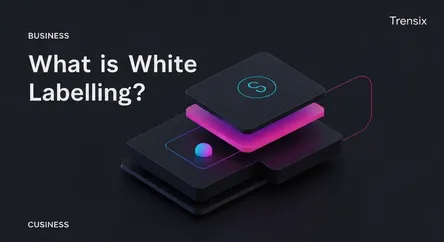Business
What is White Labeling?

Discover white labeling, the practice of rebranding a product to make it your own. Learn how startups use it to launch and scale their offerings quickly.
What is it?
White labeling is a business model where a company produces a generic product or service that other businesses can rebrand and sell as their own. The manufacturer creates the item, and the reseller applies their own logo, name, and marketing. This is common in industries like software (SaaS), marketing services, and consumer goods. For example, a marketing agency might use a white-label social media management tool, presenting it to clients as their own proprietary software. It allows a business to offer a product without investing in the complex infrastructure required to create it from scratch.
Why is it trending?
White labeling is surging in popularity because it offers a powerful shortcut for startups and small businesses. It dramatically reduces the time and cost of market entry. Instead of spending months or years on research and development, a company can instantly add a proven, market-ready product to its lineup. This agility is crucial in fast-paced digital markets. It also enables businesses to expand their services, test new markets with minimal risk, and focus their resources on core competencies like marketing, sales, and customer service rather than on production.
How does it affect people?
For entrepreneurs, white labeling is an accessible gateway to building a brand and generating revenue. It democratizes product creation, allowing smaller players to compete with established companies by offering high-quality, pre-made solutions. For consumers, this often translates into more choice and competitive pricing in the marketplace. While they may not know the original manufacturer, they benefit from niche brands being able to provide a wider array of specialized products and services that would otherwise be too expensive or difficult for them to develop independently.